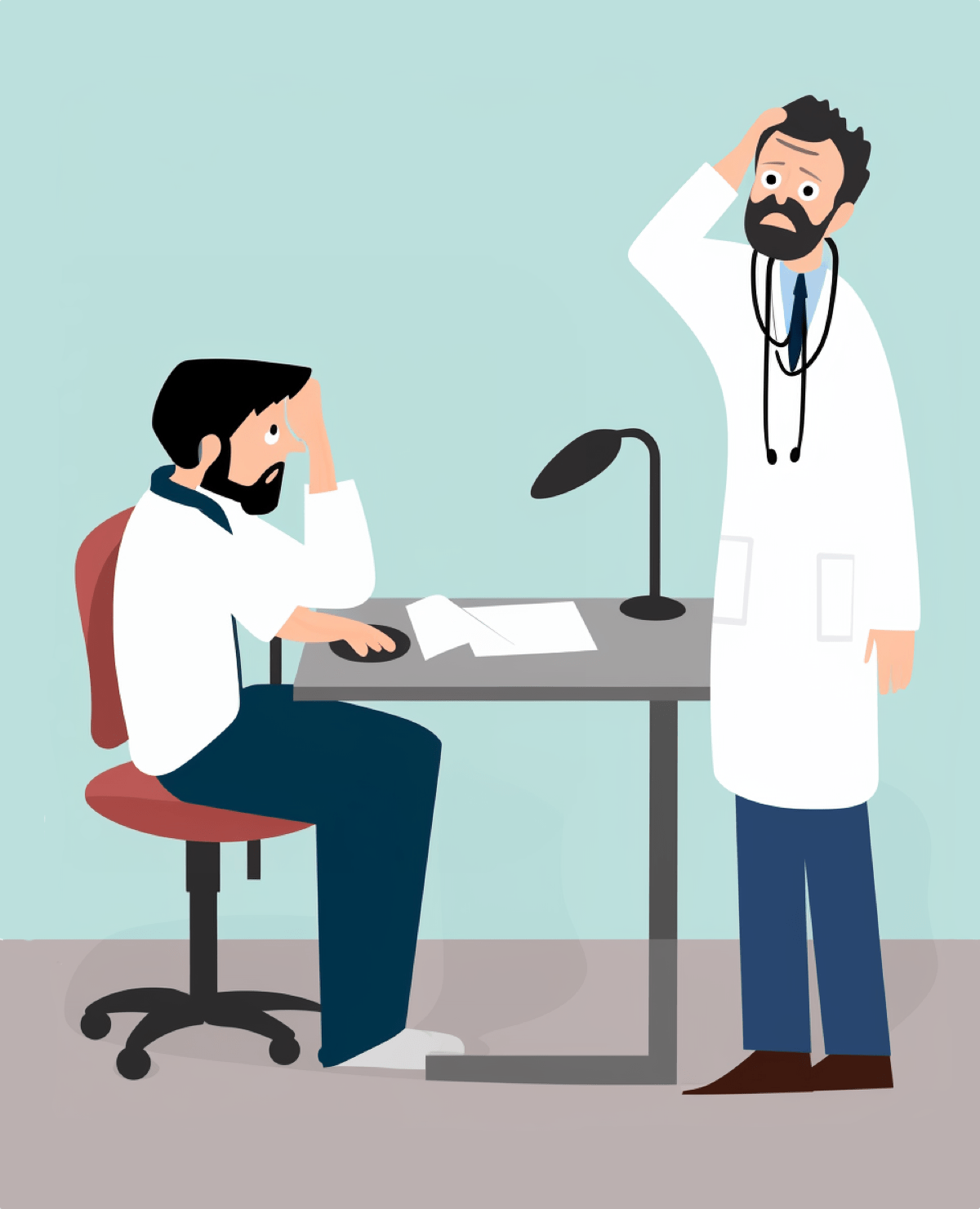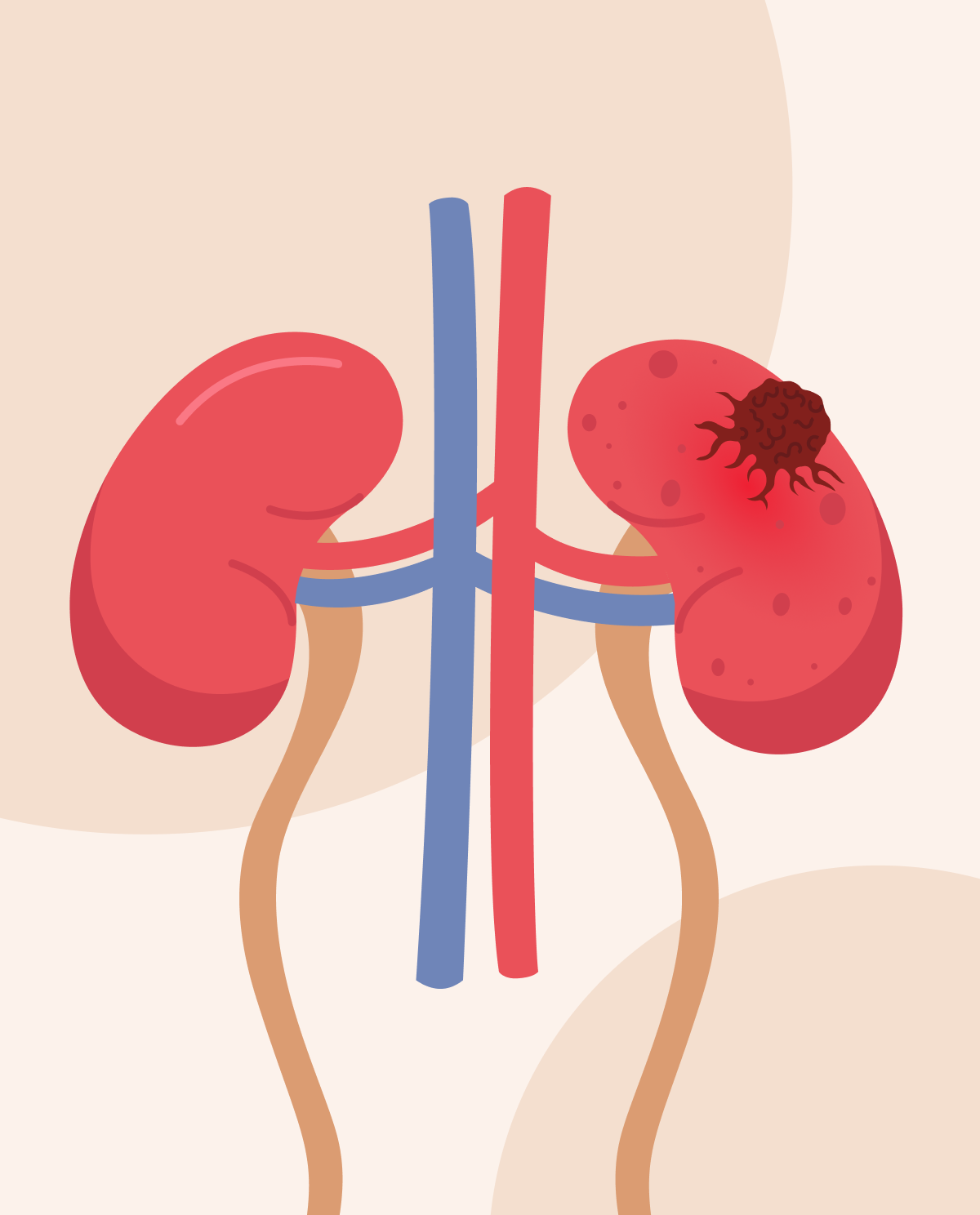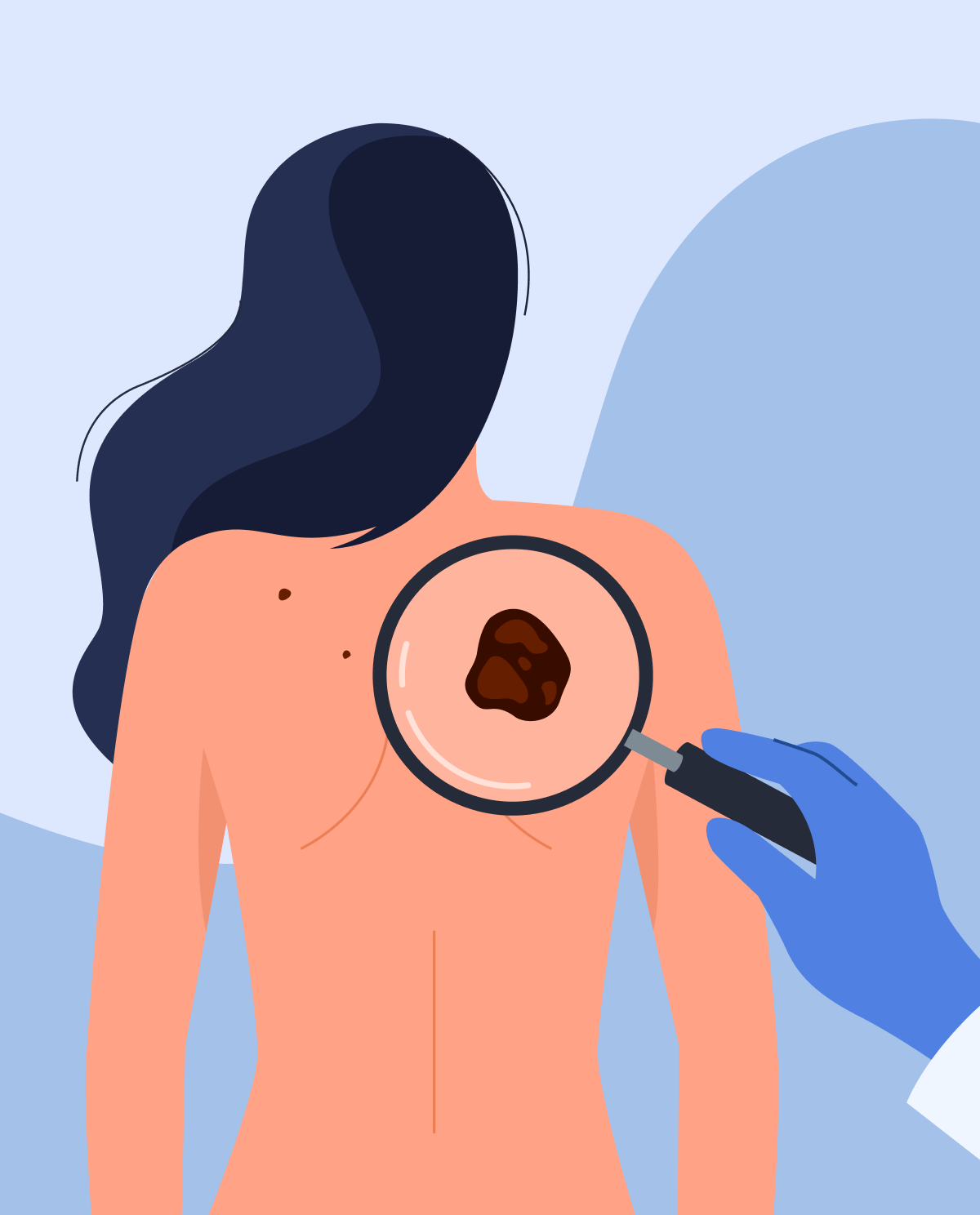Top Physician-Recommended Diets for Optimal Health
The intricate relationship between diet and health significantly influences our overall well-being. Diet encompasses the types and quantities of foods and beverages we regularly consume, playing a pivotal role in maintaining and enhancing our general health. A well-balanced, nutritious diet provides our bodies with essential nutrients, energy, and the foundational elements necessary for optimal growth and performance.












